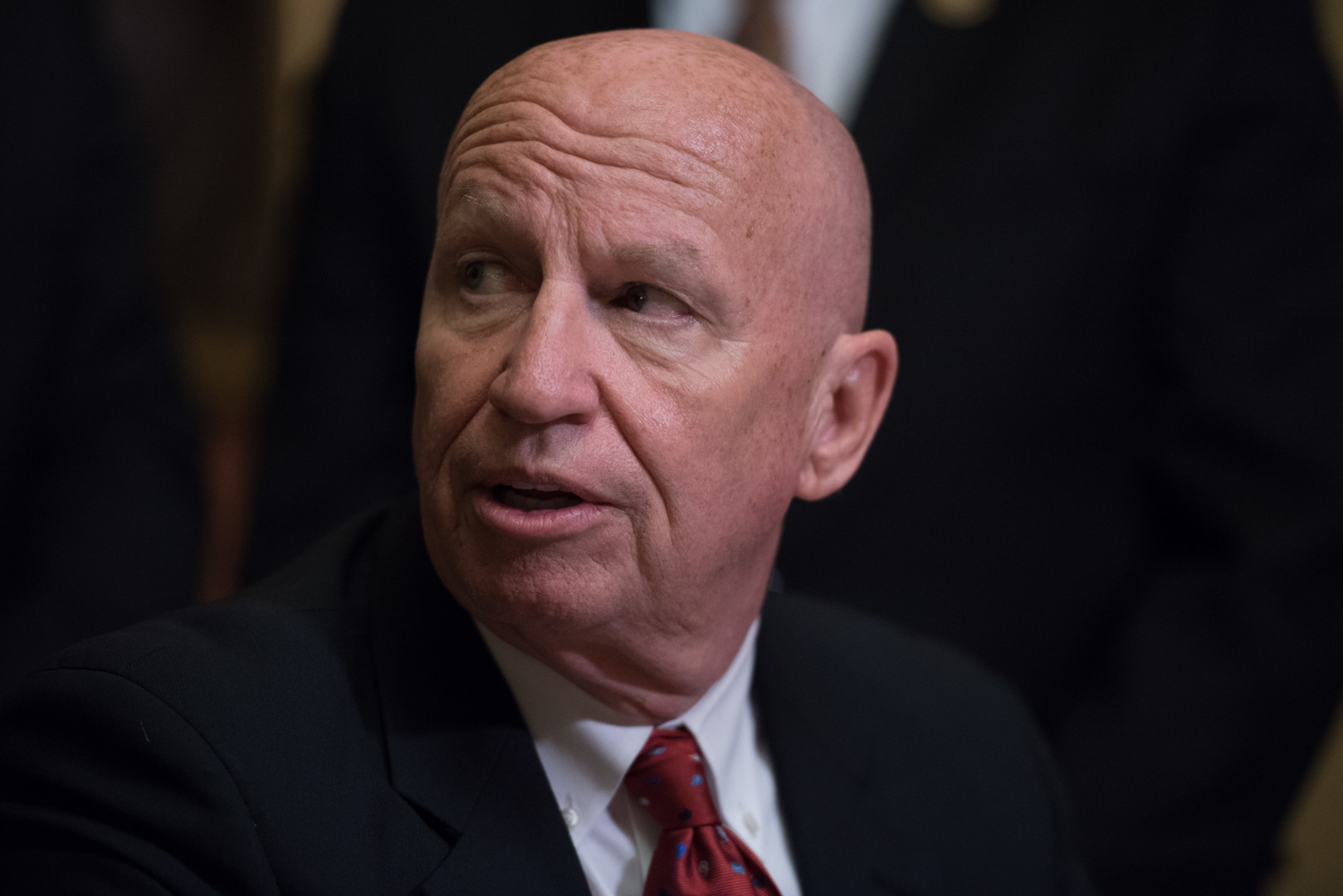April 13, 2016 at 6:39 pm ET
- Share on Facebook
- Share on Twitter
- Share on LinkedIn
- E-mail to a friend



Who says Tax Day isn’t fun?
While millions of American scramble to get their financial house in order ahead of the Internal Revenue Service’s filing deadline on Monday, Congress is engaged in its tax season ritual of trying to relate to taxpayers’ W-2 woes.
About half-dozen IRS-related hearings are being held at the Capitol complex this week and next, ranging from the Senate Finance Committee to the House Small Business Committee and the House Science, Space and Technology Committee.
The congressional tax chief, House Ways and Means Chairman Kevin Brady (R-Texas), will deliver a “Tax Day speech” at the U.S. Chamber of Commerce on Friday. Sen. Elizabeth Warren (D-Mass.) on Wednesday introduced the “Tax Filing Simplification Act of 2016,” which would direct the IRS to develop a “free, online tax preparation and filing service.”
As you might expect, much of the Tax Day hoopla is rather dull, even when it addresses crucial issues.
For example, on Tuesday the Senate Finance Committee held a hearing with IRS Commissioner John Koskinen to address cybersecurity gaps at the agency, an important topic for a bureaucratic department that handles sensitive information such as social security numbers, birthdays and home addresses.
It was hardly made-for-TV stuff. Republican Chairman Orrin Hatch of Utah drilled down on how the IRS authenticates taxpayer identities and whether the agency is effectively collaborating with private tax filers. The committee’s top Democrat, Sen. Ron Wyden of Oregon, pushed for the reauthorization of a program to expedite hiring top tech talent at IRS.
The House Ways and Means Committee, the primary congressional panel charged with tax issues, held a committee vote on several IRS oversight proposals Wednesday. That meeting quickly devolved into simplistic binary talking points. Republicans offered four partisan bills that collectively amounted to, “IRS Bad.”
Democrats, in turn, used their allotted time to make the bold argument that, “IRS Not So Bad.”
Lawmakers traded potshots throughout the session. One of the bills under consideration, H.R. 4890, would prevent the IRS from paying employees bonuses until it overhauls its customer service program. Rep. Sander Levin of Michigan, the top Democrat on the committee, noted that House Republicans will be unable to adopt a budget resolution by the April 15 statutory deadline.
“Let the IRS do its job. Do your job!” he said. “Maybe someone should pass a bill that no staff person here can receive a bonus until a budget is passed.”
Another GOP bill, H.R. 1206, would prohibit the IRS from hiring anybody until the agency publicly certifies it doesn’t employ individuals who are delinquent on their taxes.
Rep. Earl Blumenauer (D-Ore.) noted that congressional employees have a higher rate of tax delinquency than the IRS. Predictably, he offered an amendment to require the bill to apply to Congress as well.
Rather than simply vote the amendment down, Republicans chose to question whether Blumenauer’s addition – literally the words “and Congress” – was “germane,” or relevant enough to the legislation to be eligible as an amendment. After a tense back-and-forth where an impassioned Blumenauer suggested Republicans were playing “procedural games” to escape a “tough vote,” Brady ruled that the proposal was beyond the scope of the bill and ineligible as an amendment.
But the drama wasn’t over. Rep. Peter Roskam (R-Ill.), twisting the knife, patiently explained to Blumenauer that the fate of the republic could well hinge on a poorly worded addition.
“Navigate through, carefully if you would,” he told Blumenauer. “You can imagine a hostile Secretary of the Treasury saying, ‘OK, I’m not going to assert this, or I’m not going to certify this, or I’m not going to give you your declaration. … Then, Congress is in a trick bag.’”
The political roots trace back to the 2013 IRS-targeting scandal, when the agency was accused of overly scrutinizing conservative political groups that were applying for tax-exempt status. No criminal charges were ever filed in relation to the furor. GOP appropriators have since curtailed the IRS’ funding as a result of that incident and other management failures, a trend that Democrats complain has hamstrung an agency that is vital to the nation’s revenue collection.
Part of what made the three-hour markup so absurd was that all four of these bills, which passed the panel on party-line votes, face an uphill battle in becoming law, or even making it onto the Senate floor. In other words, the entire hearing was IRS-themed political theater.
It ended much as it began, with an intra-panel squabble over nothing of consequence. This time it was over whether Republicans had offered Democrats enough advance notice to read the bills in question.
“We didn’t see these bills until late Friday, very late,” said Levin at the hearing’s wrap. “There was no effort to work with us on a bipartisan basis on any of these. And I think our only option is to hold your feet to the fire.”
Brady said he was puzzled by Levin’s remarks, especially because none of the bills were particularly hefty pieces of legislation.
“I would point out this is a slightly over two-page bill, it amends existing law,” Brady said, referring to H.R. 1206 as an example.